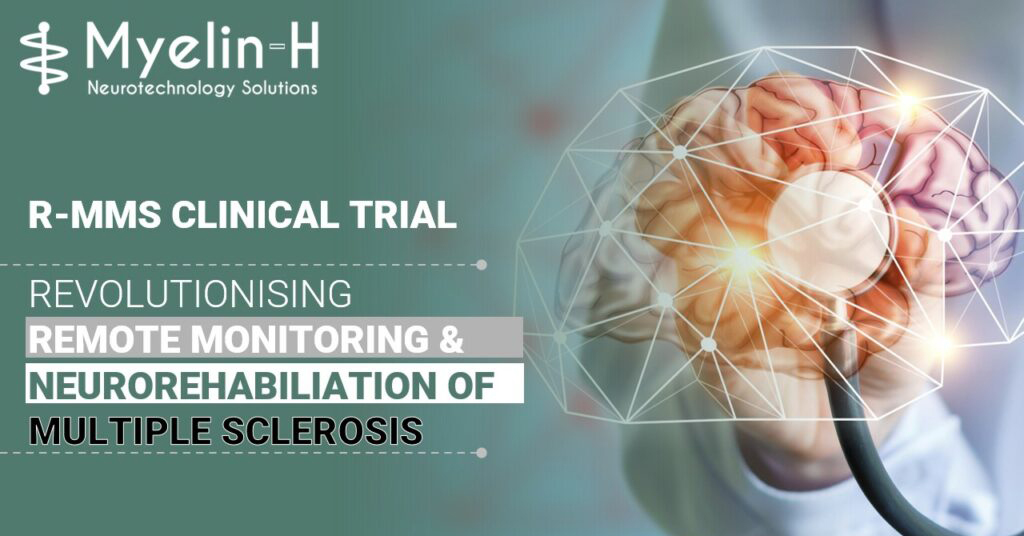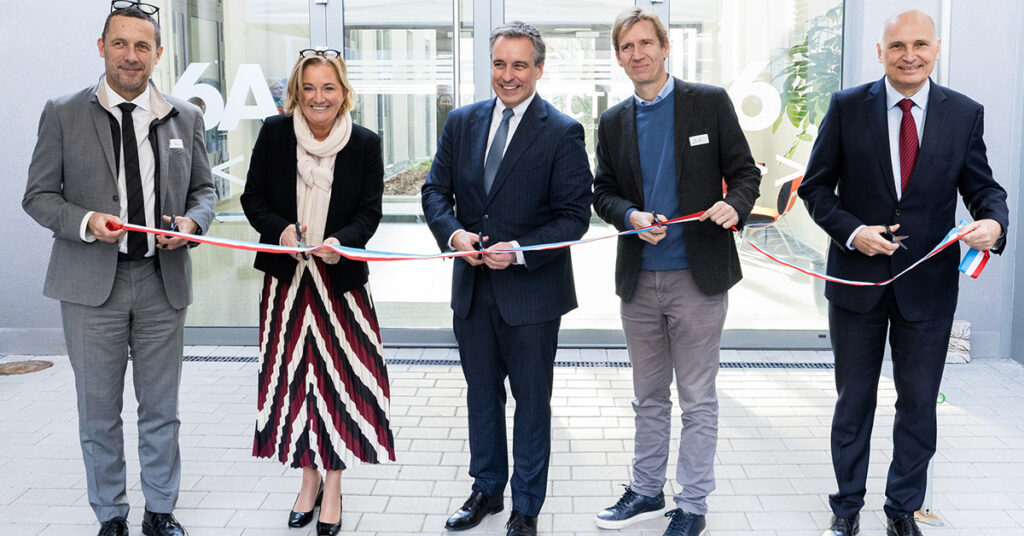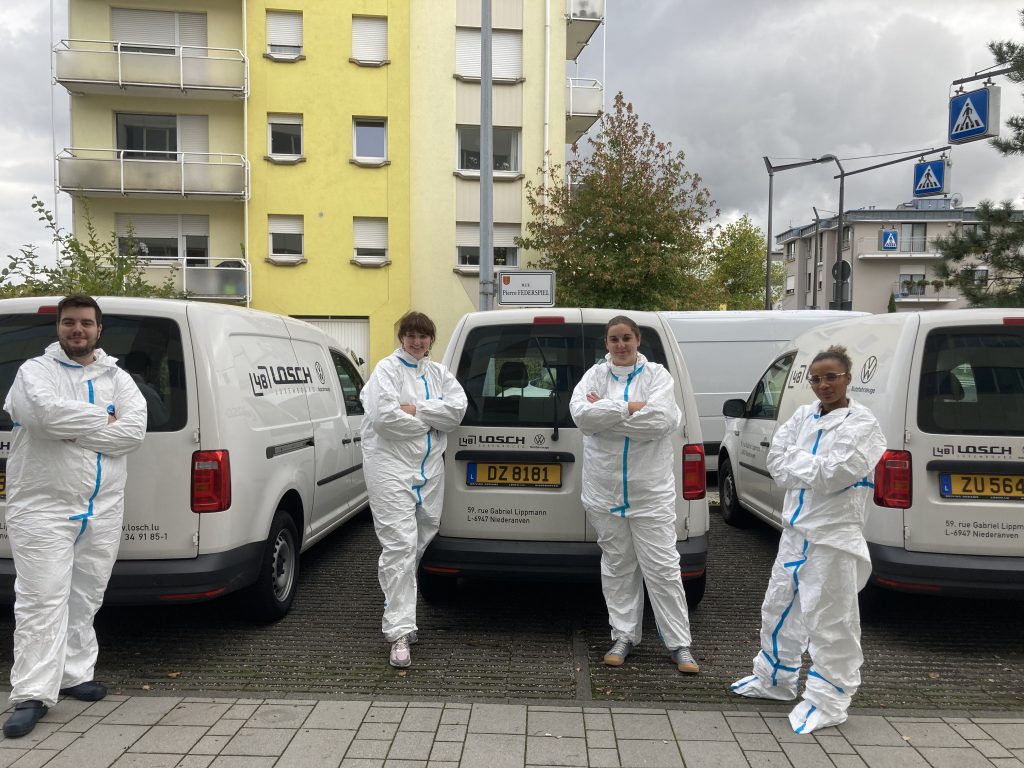series
[Article series] The experts behind Luxembourg’s Covid-19 fight

Interview with Dr Guy Berchem
Dr Guy Berchem (GB) is an oncologist and Director of Research at the Centre Hospitalier de Luxembourg (CHL), having also recently been appointed Associated Medical Director at LIH. As a “clinician scientist” with dual expertise in both research and healthcare, Dr Berchem is currently playing a crucial role in the setup of clinical studies on Covid-19 in Luxembourg, in close collaboration with the Clinical and Epidemiological Investigation Centre (CIEC) at LIH. In this short interview, he discusses his expertise and involvement in ongoing Covid-19 projects.
Could you tell us more about your expertise and how it is being put to use in the current Covid-19 context?
GB: I am an oncologist, which may not sound explicitly related to the ongoing Covid-19 crisis at first. Nevertheless, aside from specific virology or immunology competences, there are different sets of skills that can be transversally applied to this and to any other healthcare emergency, regardless of the individual medical specialty. In my case, I am a so-called “clinician scientist”, meaning that I am a medical doctor who is also deeply involved in research activities. Indeed, aside from my position as oncologist in the Oncology Department at the CHL, I have been Head of the Laboratory of Experimental Cancer Research at LIH’s Department of Oncology for over 15 years, and was also appointed Associated Medical Director at LIH in May 2019. In these roles, I have been significantly involved in coordinating and leading national and international clinical trials, combining clinical and research skills. This knowledge is now being applied in the implementation of clinical studies in the context of the current Covid-19 pandemic.
What is your role in the ongoing Covid-19 projects?
GB: I am in charge of setting up and coordinating a variety of initiatives to be implemented as part of the efforts of the Research Luxembourg Covid-19 taskforce. I essentially ensure that all authorisations for the studies are in place, that we obtain ethical approvals and that the protocols and related documentation are adapted or prepared in compliance with the national legal and ethical requirements. This entails liaising with the relevant government bodies, including the Ministry of Health, The Ministry of Higher Education and Research and the National Research Ethics Committee (CNER). In the context of the newly launched clinical trial “Discovery”, I am working closely with my colleagues Dr Thérèse Staub and Dr Jean Reuter at the CHL to ensure the smooth set-up and running of the trial’s operations, as well as being in frequent contact with the international coordinator of the study. I will be carrying out similar functions in the framework of the other upcoming Covid-19 projects of the Research Luxembourg taskforce.
How are you cooperating with LIH in the context of these studies?
GB: I am working in particularly tight collaboration with Laetitia Huiart, Director of the LIH Department of Population Health, and with Manon Gantenbein and Myriam Alexandre of the Clinical and Epidemiological Investigation Centre (CIEC), as well as with the entire CIEC team of course. The strong practical expertise of CIEC in setting up and running clinical trials is truly crucial in this context, since it combines a variety of different profiles, from clinical research nurses to clinical research coordinators, bringing a much needed multidisciplinary approach to the table.
What are the main barriers you are facing?
GB: In a word – time. The rapid spread of the infection necessitates an extremely rapid response. However, mobilising resources and setting up clinical trials takes time. To give you a rough idea, a study as sophisticated as “Discovery” normally takes about four to six months to implement, but we need to make it happen in a few days! That is why we are working relentlessly with Manon and her colleagues at CIEC to speed up all the administrative and ethical procedures in view of the accelerated launch of the planned Covid-19 projects. Pooling together our knowledge and expertise is fundamental in general, but it becomes vital in critical situations like this. We need to keep in mind now more than ever that these studies are being initiated with the aim of providing immediate benefits to our patients and improving their outcomes significantly and in acceptable timeframes.
MORE INFORMATION
For the latest news about COVID-19, visit coronavirus.lih.lu







